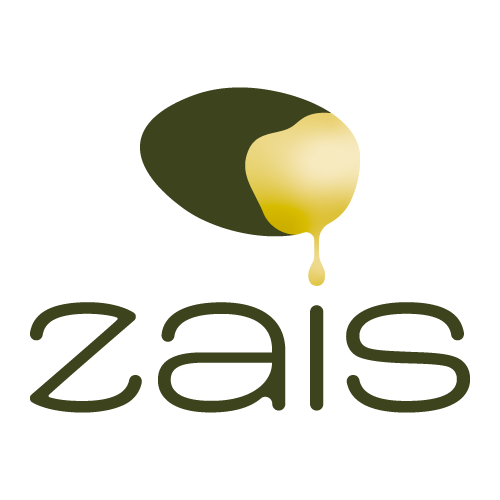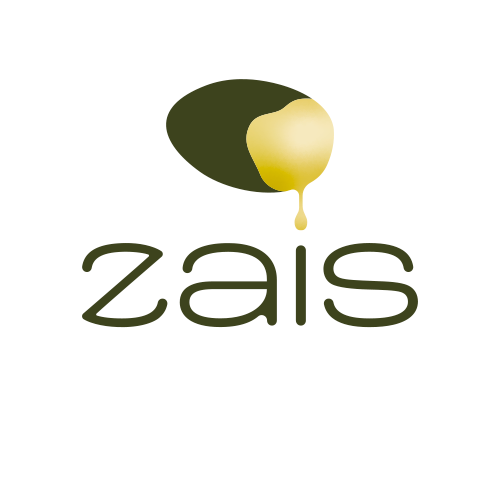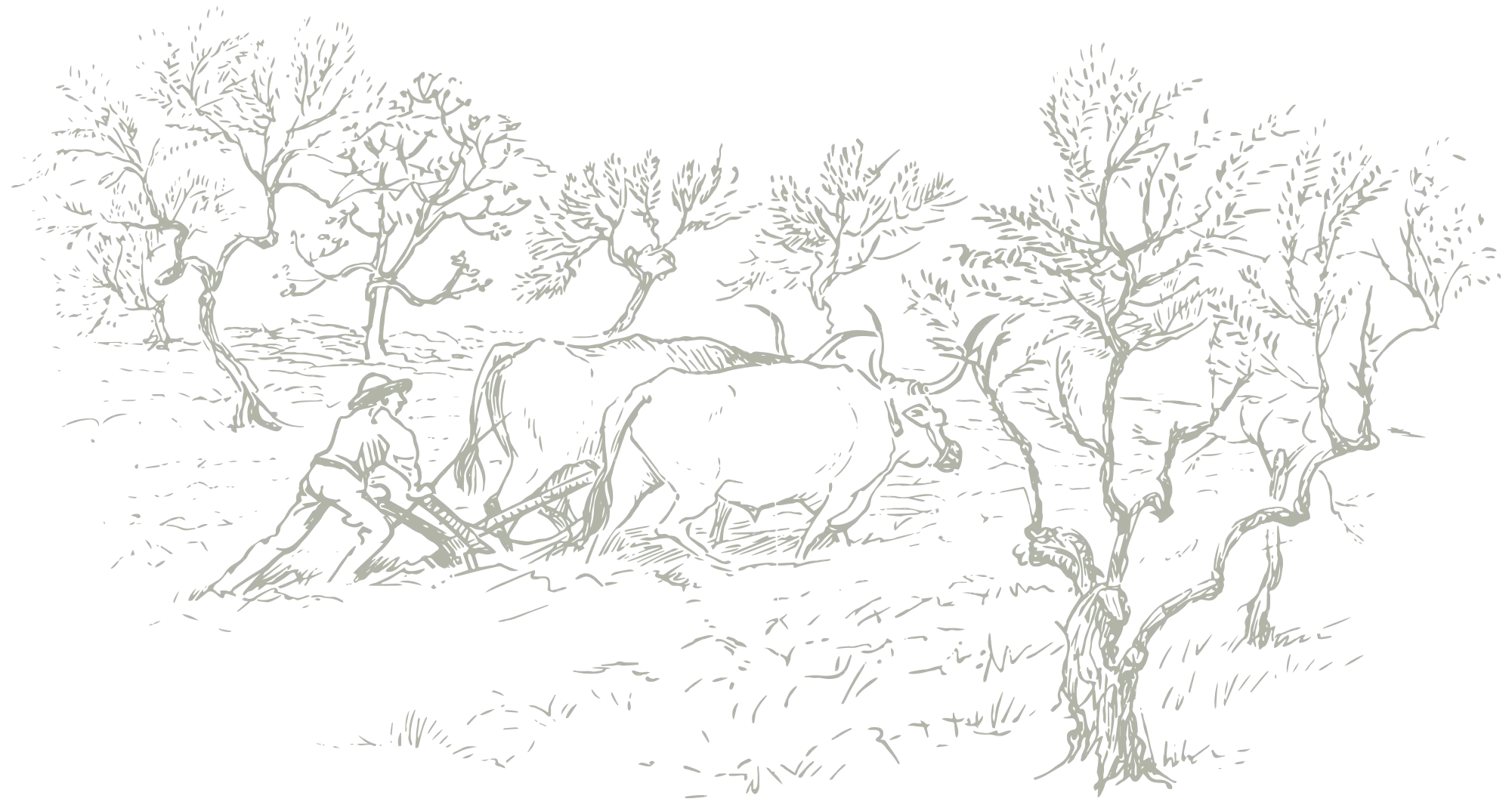
¿QUÉ ES LA AGRICULTURA BIODINÁMICA?
Biodynamic agriculture combines different areas of tradition and sustainability that our ancestors practiced and that maintained that vital connection with nature.
For this reason, in biodynamic philosophy, the field is considered a living and self-sustaining organism, in which the group that makes up the crop: the trees, the plants around them, the animals that graze on the mountain, the insects, the air, etc... They are part of the same entity connected to each other, in which each piece has its importance depending on the interaction it has with the environment. The precursor of the biodynamic current was the Austrian philosopher Rudolf Steiner (1861-1925), with his work anthroposophy. The etymology of the word comes from the Greek words bios (life) and dynamis (force), the union of these words makes up the powerful meaning of the search for the force that makes life grow on earth and its preservation.
THESE ARE SOME OF OUR BIODYNAMIC PROCESSES
A fundamental pillar of biodynamic agriculture is the fertility of the soil, to achieve this it is necessary to provide compost to increase the microbiological activity of the soil. At Zais we compost manure from nearby extensive farms, adding other complements and materials (vegetable waste, eggshells, vegetable waste, minerals...) to enrich it, controlling throughout the process the humidity, temperature, texture... to achieve an optimum product.
When it comes to protecting the soil, no chemical products are used, but instead plant covers are used, which prevent erosion, contribute to the fertilization of the crop and provide a suitable habitat for the natural enemies of the plants, while increasing the matter. soil organic matter and, therefore, its biological activity. Chopping the pruning remains is also used, which reduces the appearance of weeds and increases the water retention capacity.
When we fertilize the olive trees we also use methods based on the efficient use of all the by-products that are generated on the farm itself, such as compost from oil mill waste (alperujo) or manure.
Likewise, other natural products used in organic farming are used for the optimal balance of the soil and the tree.
To control possible pests or diseases that affect the olive grove, which are natural enemies (olive fly, mealybug), thermal processes, etc. We only use products recommended and authorized in biodynamic agriculture.
Our experience tells us that, if we manage the soil correctly with the vegetation cover, the incorporation of wild plants to increase beneficial insects, installation of posts for eagles and owls, the risk of pests and diseases of the olive grove decreases by a high percentage. .
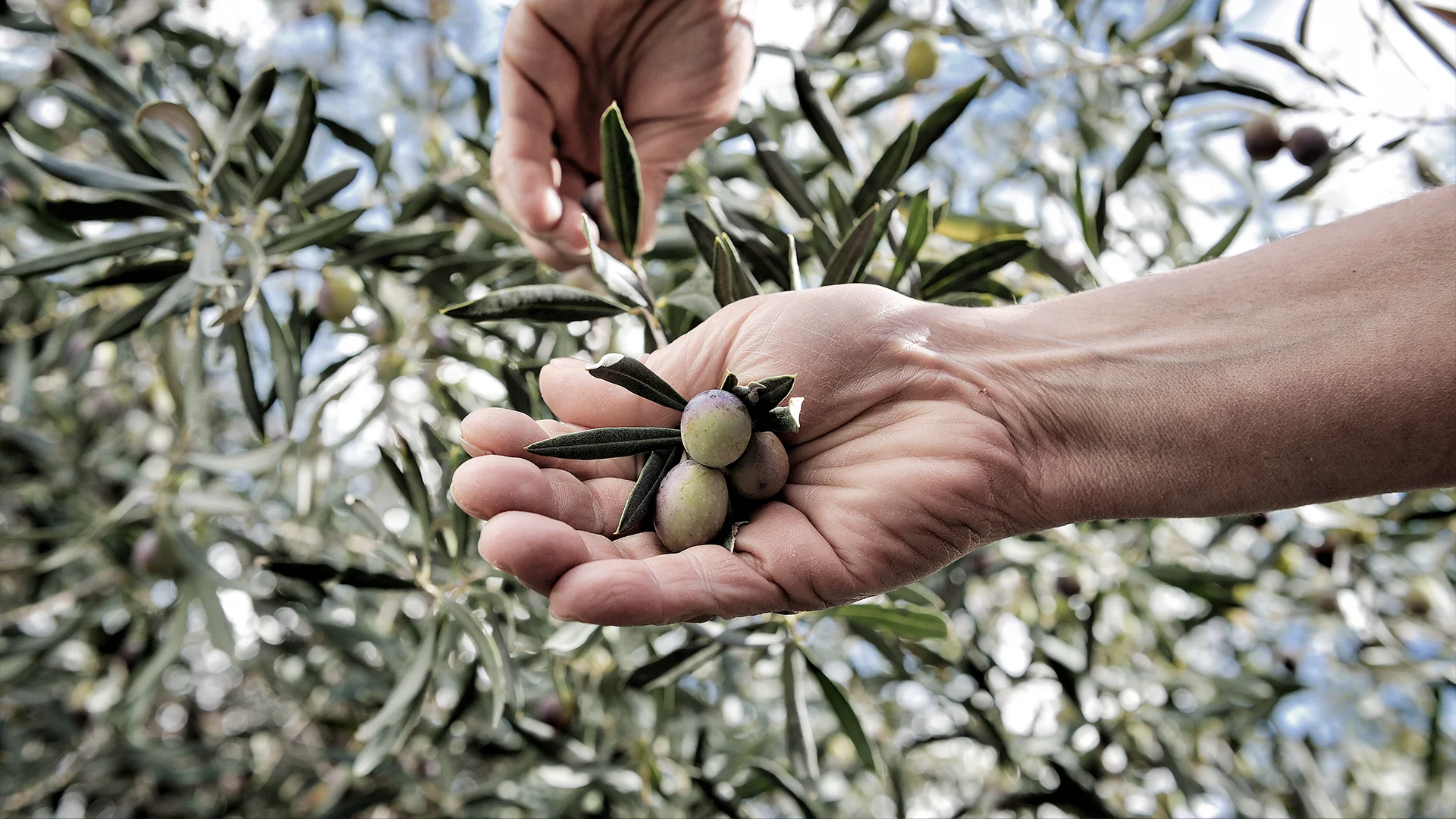
ECOLOGICAL OIL
What is organic oil?
Organic olive growing aims to produce Extra Virgin Olive Oil (EVOO) without using synthetic chemicals, whether fertilizers, herbicides or pesticides, thus helping to protect natural resources and biodiversity. The result is a high quality olive oil, just like conventional EVOOs, but with greater protection of the environment, an important aspect for many consumers who demand an increasingly natural diet.
In the Ecological Olive Trees, tillage and cultivation practices must be aimed at maintaining or increasing the organic matter and biological activity of the soil, in such a way that stability is reinforced and erosion is prevented. This translates into They exclusively use natural resources inherent to the system and, as we said, there is a strict limitation on the use of synthesis media.
What elements are allowed in the cultivation of organic olives?
Well, from suitable plant-based preparations, to others made with microorganisms to improve the general conditions of the soil or the activation of compost, as well as the so-called biodynamic preparations.
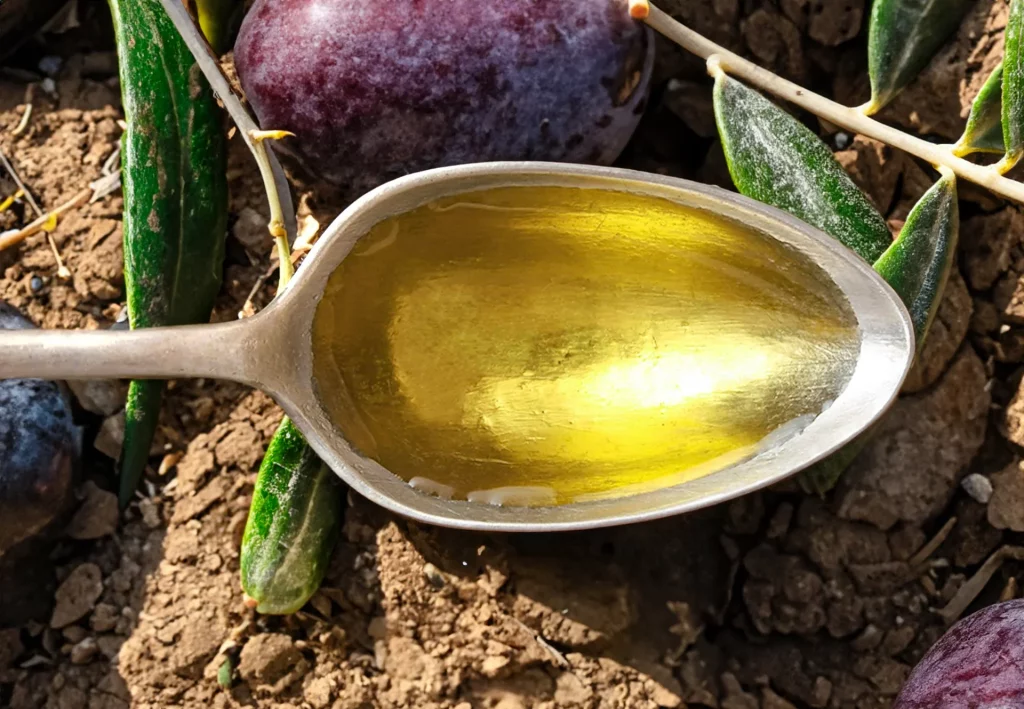
How do you know if an EVOO comes from organic farming?
Products from organic farming, such as organic EVOO, are differentiated because they carry a label authorized by the European Union, which guarantees that they come from production systems that respect natural life cycles, in this case the olive grove
This organic certification assures consumers that the oil is free of persistent harmful residues that could come from pesticides or synthetic fertilizers, as is the case with our Organic Extra Virgin Olive Oil.
Certifications
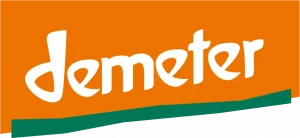
It is the brand of products from biodynamic agriculture,
It is aimed at farmers and processors certified by the Demeter organization of the corresponding country.
Demeter ensures the production and processing of products without any loopholes, step by step, from field production, through all manufacturing processes to packaging the final product.
The requirements of the Demeter regulations are higher than those required for organic products, and together with very special requirements that strengthen the vital processes of the land and food, Demeter farmers and processors actively contribute to creating a dignified future, offering healthy foods with distinctive flavors, or as we say “foods with character.”
Demeter is the brand you can trust.
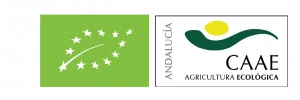
It is the process for producers of food, inputs, processed or transformed products that obtain the classification of organic.
They require production standards for cultivation, storage, processing, packaging and distribution. Some of them are:
– Avoid genetically modified organisms, synthetic chemicals (fertilizers, pesticides, antibiotics or additives)
– Have crop soils where chemicals have not been used for three or more years.
– Separation between certified and non-certified products.
– Production and sales control.
